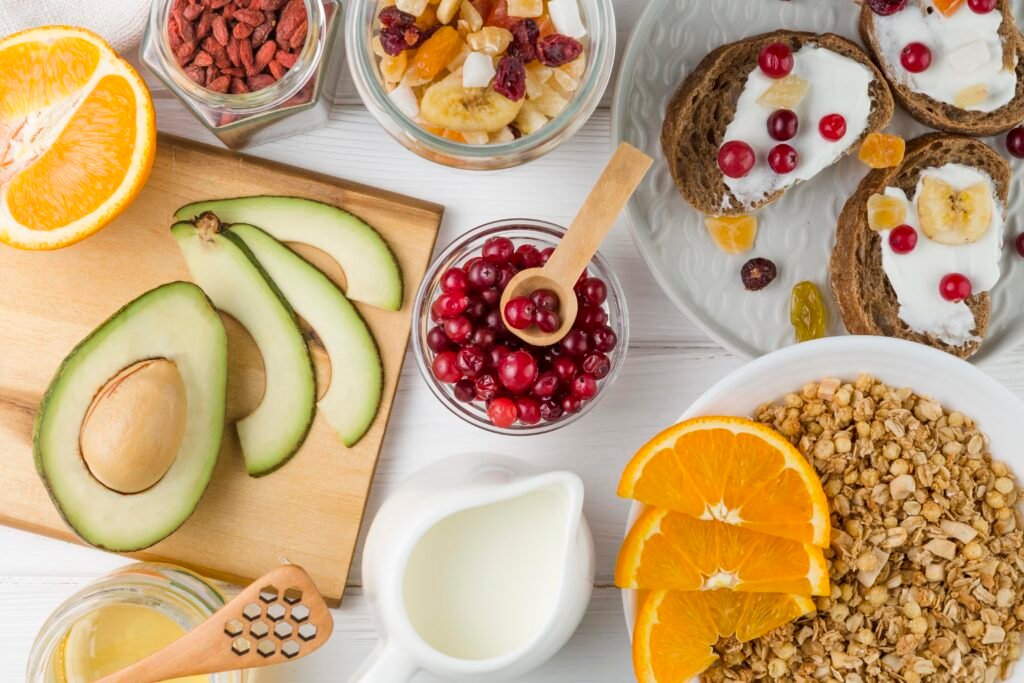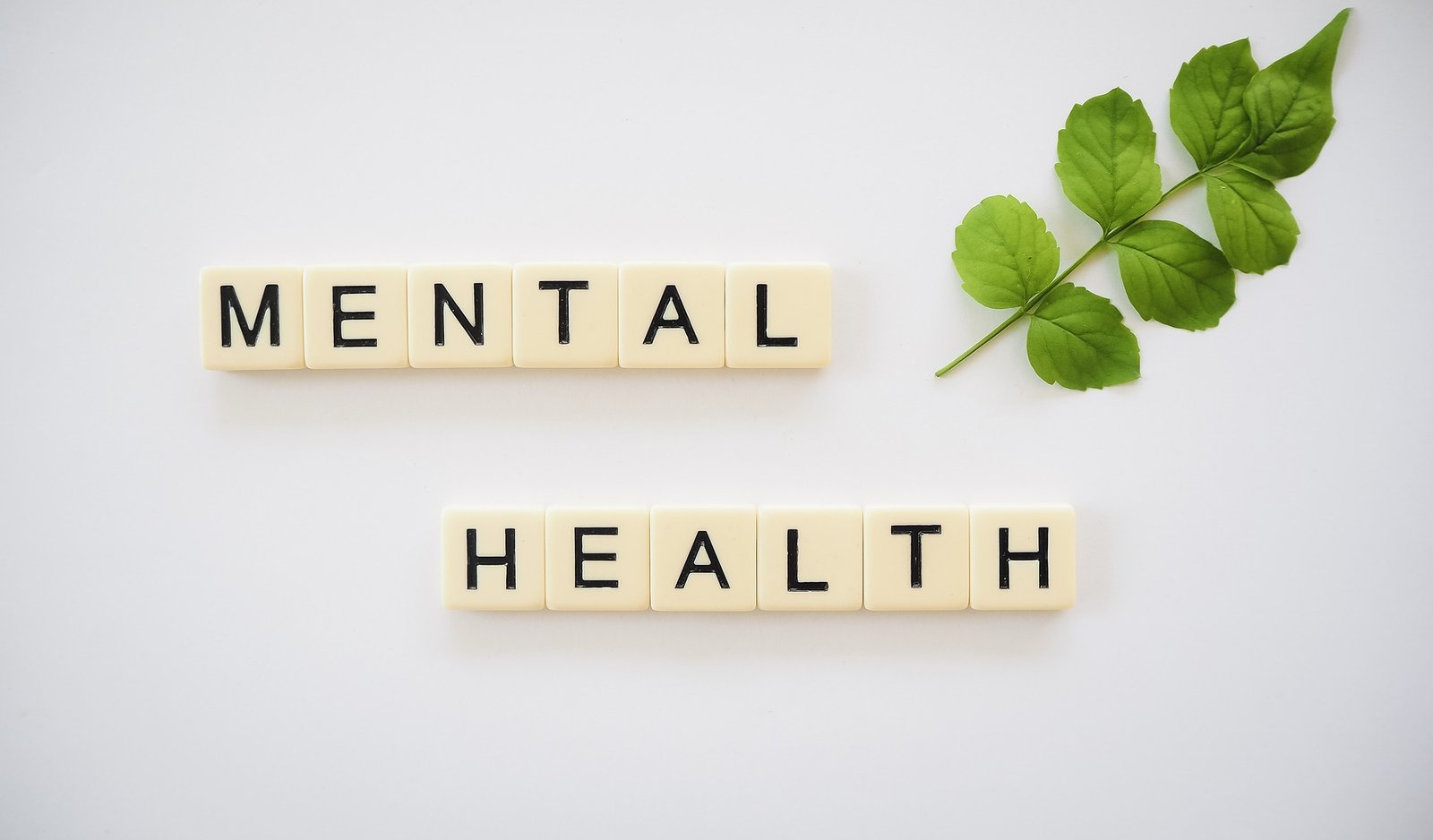Mental health plays a crucial role in your overall well-being, influencing how you think, feel, and act. In today’s fast-paced world, it is all too easy to overlook mental health, prioritising work, family, and social obligations instead. However, neglecting this essential aspect can lead to stress, burnout, and negative thoughts that can overwhelm your daily life. Recognising the importance of mental health is the first step towards creating a fulfilling and balanced existence.
Stress and negative thoughts can significantly impact your mental state, leading to feelings of anxiety, depression, or exhaustion. When you find yourself caught in a cycle of stress, it can feel impossible to break free. But the good news is that small, daily habits can lead to substantial improvements in your mental health. By incorporating practical strategies into your routine, you can foster resilience, increase happiness, and enhance your overall quality of life.
Now is the time to take action and make a commitment to improve your mental well-being. This article presents a variety of strategies you can start implementing today. Each method is designed to be straightforward and manageable, ensuring that you can easily integrate them into your daily routine. Remember, enhancing your mental health does not require a complete overhaul of your life; instead, focus on making small, consistent changes that will lead to lasting improvements.
Start Your Day with Mindfulness
Beginning your day with mindfulness can profoundly impact your mental clarity and emotional stability. Taking just 5 to 10 minutes each morning to practice mindfulness allows you to centre yourself and set a positive tone for the day ahead. Mindfulness helps you become more aware of your thoughts and feelings, fostering a sense of calm that can carry you through the day.
To get started, try deep breathing exercises. Find a comfortable seated position, close your eyes, and take slow, deep breaths. Focus on your breath as you inhale and exhale, allowing any distractions to fade away. Alternatively, consider using guided meditation apps such as Headspace or Calm, which offer a variety of meditative practices tailored to different needs. Setting positive intentions during this time can also help create a productive mindset. Take a moment to reflect on what you hope to achieve that day and visualise success.
Incorporate Physical Activity Daily

Physical activity is not just beneficial for your body; it is also vital for your mental health. Exercise releases endorphins, known as the “feel-good” hormones, which can significantly improve your mood. Incorporating physical activity into your daily routine does not require hours at the gym; even short bursts of movement can be highly effective.
Consider activities that you enjoy, such as yoga, walking, or quick workout routines. Aim for at least 30 minutes of moderate exercise most days of the week. If you struggle to find time, try breaking it up into smaller sessions. A brisk 10-minute walk during your lunch break or a quick yoga session at home can work wonders. Find ways to make physical activity a fun part of your day, whether it is dancing in your living room or playing a sport with friends.
Develop a Gratitude Practice
Practising gratitude can have a remarkable impact on your mental well-being. Research shows that regularly acknowledging the positive aspects of your life can rewire your brain for positivity, helping to counteract negative thoughts and feelings. Keeping a gratitude journal is a simple yet powerful way to cultivate this habit.
Each day, take a few moments to reflect on three things you are grateful for. They can be as simple as enjoying a warm cup of tea or spending time with a loved one. Writing them down helps reinforce these positive experiences in your mind. Over time, this practice can shift your focus away from stress and negativity, allowing you to appreciate the beauty in everyday life.
Stay Connected with Loved Ones
Social connections are vital for maintaining mental health. Engaging with friends and family can provide the support and encouragement you need during difficult times. Make it a priority to reach out to your loved ones regularly. Whether it is a quick phone call, a text message, or arranging a meet-up, nurturing these relationships can strengthen your emotional resilience.
Consider setting reminders to check in on friends and family, ensuring that you stay connected even when life gets busy. Building meaningful connections fosters a sense of belonging and support, which is essential for mental well-being. Remember that you do not need to have a lengthy conversation every time; even a brief message can brighten someone’s day and enhance your own sense of connection.
Manage Stress through Relaxation Techniques
Stress management is essential for maintaining your mental health. Incorporating relaxation techniques into your daily routine can help alleviate anxiety and promote a sense of calm. There are several methods you can try, including progressive muscle relaxation, aromatherapy, or listening to calming music.
Progressive muscle relaxation involves systematically tensing and relaxing different muscle groups in your body, helping to release physical tension and promote relaxation. Aromatherapy, using essential oils like lavender or chamomile, can create a soothing atmosphere that reduces stress. Listening to calming music or nature sounds can also provide a mental escape, helping you unwind and recharge.
Practice Digital Detox
In our digital age, constant connectivity can contribute to stress and overwhelm. Taking a step back from screens can be a refreshing way to recharge your mental health. A digital detox encourages you to limit your screen time and take breaks from social media and other digital distractions.
Start by creating screen-free routines, such as designating certain times of the day as “no-phone” hours. During these periods, engage in activities that promote relaxation and connection, like reading a book, spending time in nature, or enjoying a hobby. You may find that disconnecting from technology allows you to reconnect with yourself and the world around you.
Healthy Nutrition for Mental Well-Being

The role of nutrition in mental health is often underestimated. Eating a balanced diet rich in essential nutrients can positively influence your mood and cognitive function. Foods high in omega-3 fatty acids, antioxidants, and hydration are particularly beneficial for mental well-being.
Incorporate omega-3-rich foods like salmon, walnuts, and flaxseeds into your meals. Antioxidant-rich fruits and vegetables, such as berries, spinach, and dark chocolate, can help combat oxidative stress in the brain. Staying well-hydrated is also crucial; consider drinking water throughout the day and incorporating hydrating foods like cucumbers and watermelon into your diet. Simple meal ideas, such as a smoothie with spinach, banana, and almond milk, or a hearty salad topped with nuts and seeds, can support your mental health.
Conclusion
Building these strategies into your daily life can lead to sustainable improvements in your mental well-being. It is essential to remember that change takes time, and progress may not always be linear. Starting small is key; choose a couple of strategies that resonate with you and gradually incorporate them into your routine. Consistency matters, so be patient with yourself as you work towards enhancing your mental health.
Prioritising your mental well-being is an ongoing journey that requires dedication and self-compassion. By taking actionable steps each day, you can cultivate a more positive mindset and create a fulfilling life. Embrace the journey towards better mental health, and remember that you are worth the effort.





